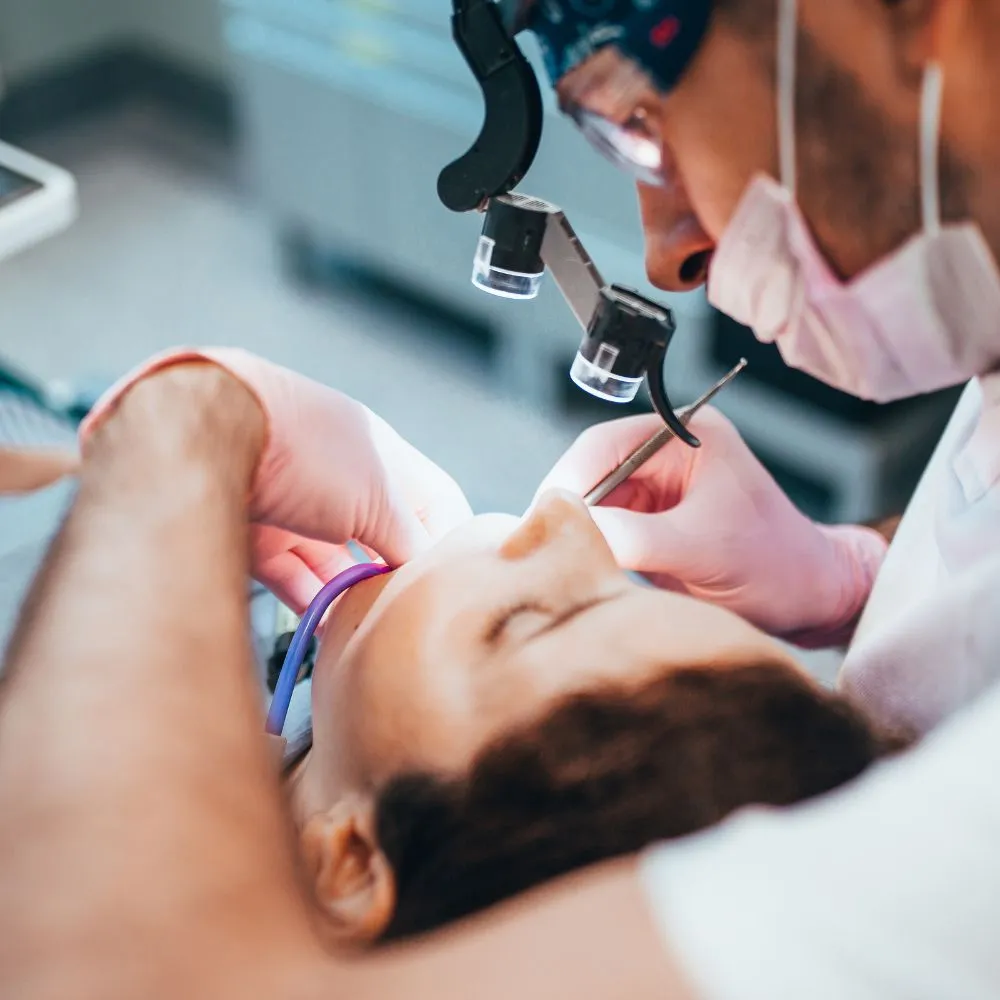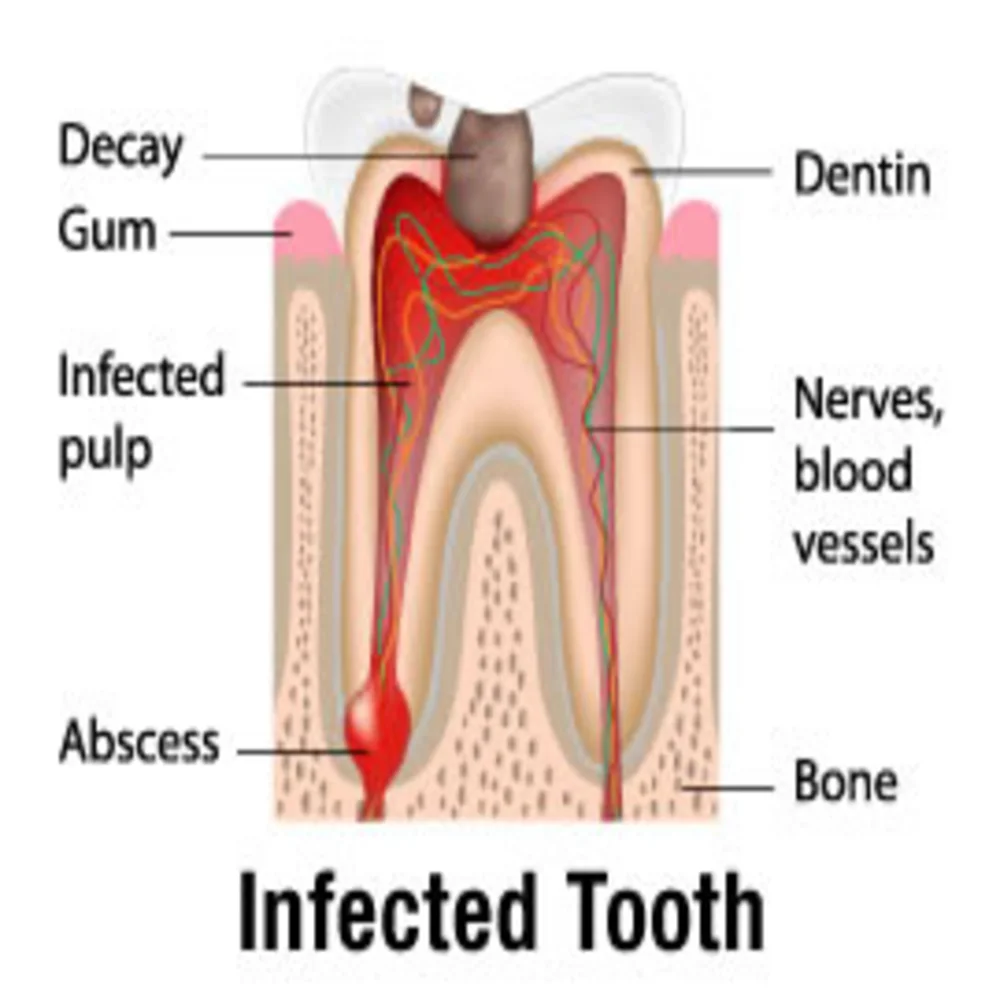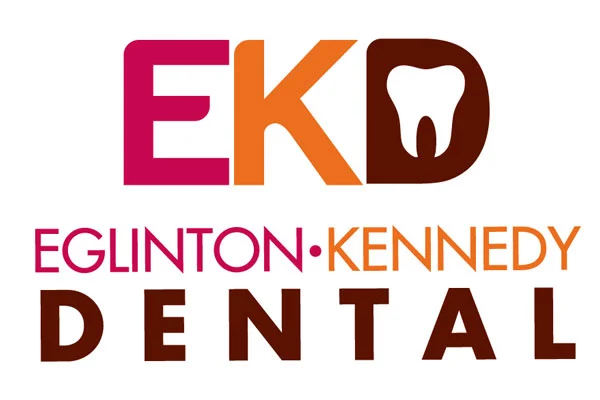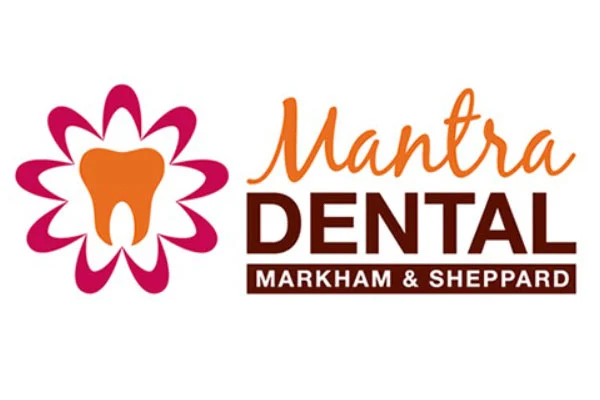EVERBRIGHT SMILES
Root Canal Therapy
Want Relief From Tooth Pain? Root Canal Therapy Can Save Teeth, Relieve Pain And Swelling!
Root canal therapy is required when there has been an irreversible damage to the pulp (nerve and blood supply) of the tooth. This may be the result of any of the following:
- Trauma or a blow to the tooth.
- Deep decay that extends to or into the pulp.
- Dramatic orthodontic (braces) movement of the tooth.
- Large, deep fillings.
- Medical/systemic complications.
When the tooth is irreversibly damaged, the blood supply to the tooth is compromised. This in turn causes the pulp to die or become non-vital. The response at this point may be either acute or chronic in nature. The acute response might include a period of sensitivity to temperature (hot usually more than cold) and pressure (touch or chewing). If these symptoms are ignored, the problem may proceed to a sharp/throbbing pain, with or with-out swelling.
The chronic response may begin like the acute response, with sensitivity to temperature and pressure. There may also be a noticeable darkening in the colour of the tooth. However, at this point the tooth may not exhibit any painful symptoms. The tooth may remain in this state for years, but at some point an acute episode with the tooth is very likely. Therefore, an irreversibly damaged tooth should be treated with root canal therapy as soon as possible.
When a tooth is irreversibly damaged, there are only two treatment approaches: root canal therapy or extraction (pulling, the tooth). The goal of root canal treatment is to remove the damaged pulp without removing the tooth. The success rate for root canal therapy is over 90%.


Root canal therapy is required when there has been an irreversible damage to the pulp (nerve and blood supply) of the tooth. This may be the result of any of the following:
- Trauma or a blow to the tooth.
- Deep decay that extends to or into the pulp.
- Dramatic orthodontic (braces) movement of the tooth.
- Large, deep fillings.
- Medical/systemic complications.
When the tooth is irreversibly damaged, the blood supply to the tooth is compromised. This in turn causes the pulp to die or become non-vital. The response at this point may be either acute or chronic in nature. The acute response might include a period of sensitivity to temperature (hot usually more than cold) and pressure (touch or chewing). If these symptoms are ignored, the problem may proceed to a sharp/throbbing pain, with or with-out swelling.
The chronic response may begin like the acute response, with sensitivity to temperature and pressure. There may also be a noticeable darkening in the colour of the tooth. However, at this point the tooth may not exhibit any painful symptoms. The tooth may remain in this state for years, but at some point an acute episode with the tooth is very likely. Therefore, an irreversibly damaged tooth should be treated with root canal therapy as soon as possible.
When a tooth is irreversibly damaged, there are only two treatment approaches: root canal therapy or extraction (pulling, the tooth). The goal of root canal treatment is to remove the damaged pulp without removing the tooth. The success rate for root canal therapy is over 90%.

Root Canal Therapy Costs
The fees for treatment vary depending on the number of roots and canals present in the tooth to be treated. Most front teeth have one canal; the teeth between the front teeth and the molars may have one to three canals; and the back teeth may have three or more canals. The fee for the root canal does not include the final restoration of the tooth, such as, fillings, post buildups, crowns, etc. As a general rule, all posterior (back) teeth that have received root canal therapy should be restored with a crown (cap) or other full coverage protective restoration (onlay). The reason for this is that root canal treated teeth are more prone to fracture. Sometimes this fracture may occur vertically (from top to bottom) and may cause loss of the tooth.
Meet the Dentists

DR. SHAWN MONGA
BSC, DDS

BSC, DDS

DR. FARYAL HUSSAIN
DDS

DDS







